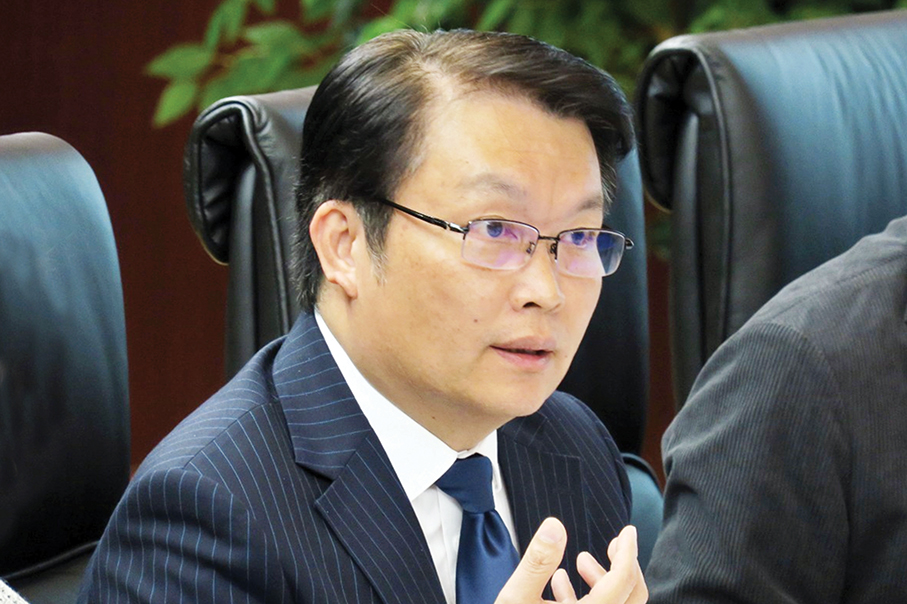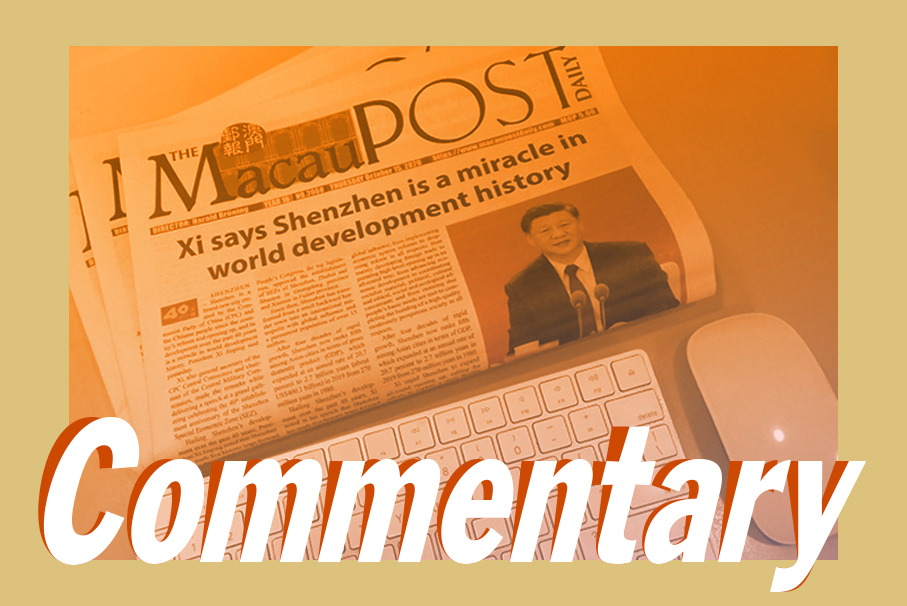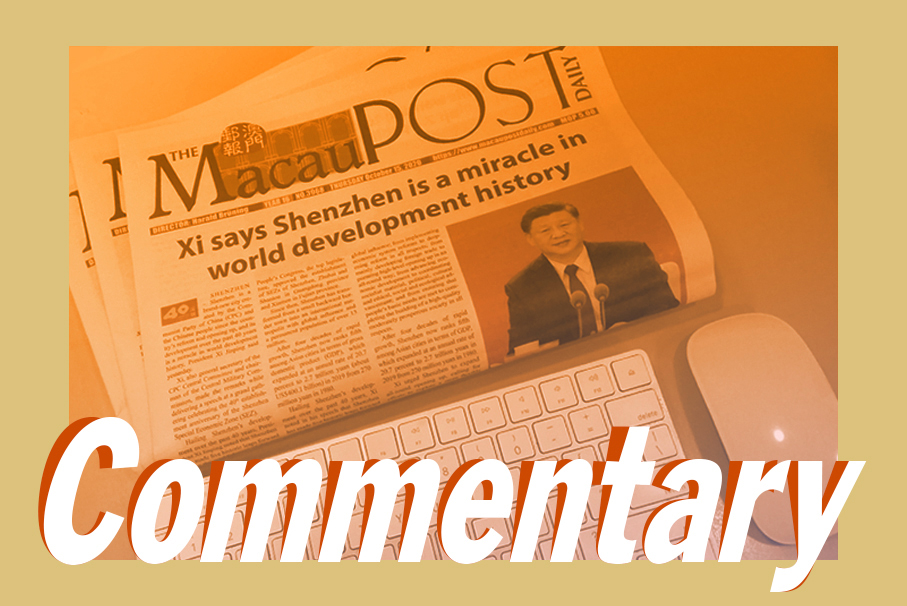The Legislative Assembly (AL) yesterday passed a government-initiated bill cancelling an additional five-percent stamp duty levied on those buying a second residential unit.
Despite having only been passed yesterday, the new law took effect retroactively on New Year’s Day.
The bill’s outline was passed during a plenary session of the legislature early last month, after which the bill was reviewed by its 1st Standing Committee, before it was resubmitted to yesterday’s plenary session, which Secretary for Economy and Finance Lei Wai Nong attended, when it was voted on article-by-article in its second and final reading.
The new law, which came into force retroactively on Monday last week, has now amended the law that had levied an additional stamp duty on all those who bought residential units in addition to their first one since February 10, 2018.
Before the law was amended, an additional stamp duty of five percent of the price of the respective unit was levied on those who bought a second unit, while an additional stamp duty of 10 percent of the price of the respective unit was levied on those who bought their third or more residential units.
The amended law has now cancelled the additional five-percent stamp duty levied on those who buy a second residential unit. However, the amended law has kept the additional 10-percent stamp duty levied on those who buy their third residential unit – and so on.
Amendments to the 2018 special home-purchase stamp duty law is one of the government’s ongoing strategies to relax its home-market cooling measures. The government has also eased its mortgage-rate restrictions on local homebuyers, a measure which took effect on Monday last week.
The government’s easing of its cooling measures aims to make it easier for residents to improve their living environment by buying a better home and selling their existing one.
Lawmaker slams late bill submission
During yesterday’s plenary session, lawmaker Ron Lam U Tou slammed the government for having submitted the bill to the legislature “too late” because of which, eventually, it could not be passed in its second and final reading before the end of last year. Lam, a current affairs commentator, said that the government should have submitted the bill to the legislature earlier considering that the government aimed for the bill to take effect on January 1, 2024.
The government submitted the bill to the legislature shortly before the middle of November last year. However, the legislature was busy with the Q&A sessions addressed by the government’s five policy secretaries during the second half of that month after Chief Executive Ho Iat Seng announced his 2024 Policy Address on November 14. Consequently, the legislature could only schedule a plenary session on December 5 for the debate and vote of the bill’s outline.

Secretary for Economy and Finance Lei Wai Nong addresses yesterday’s plenary session in the Legislative Assembly’s (AL) hemicycle. – Photo courtesy of TDM









